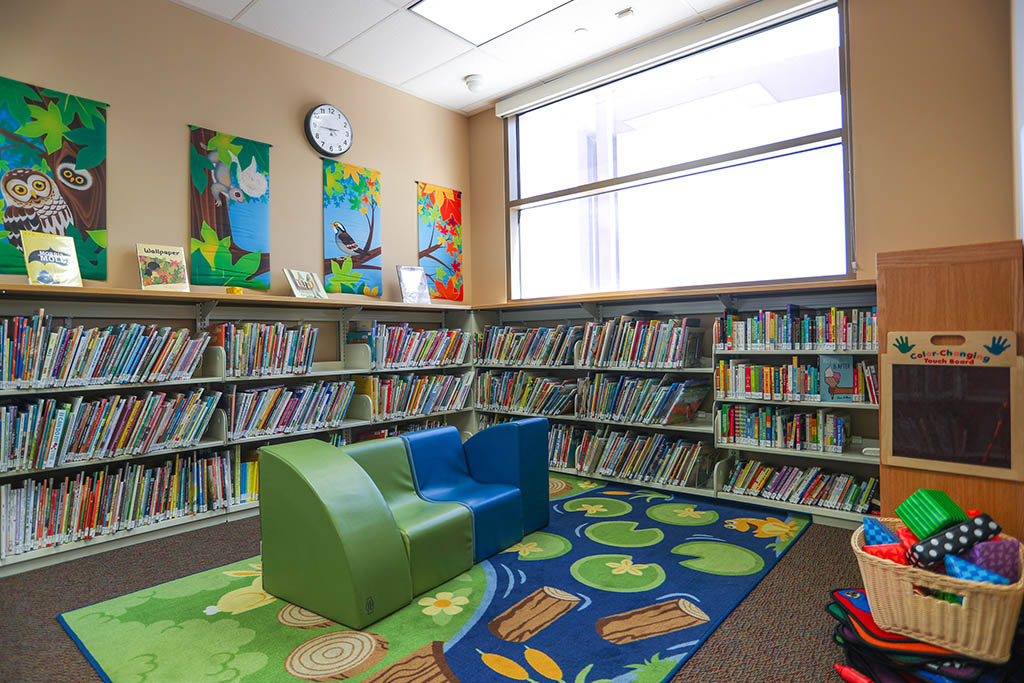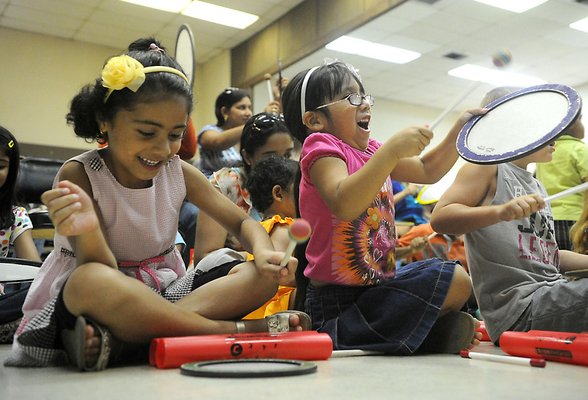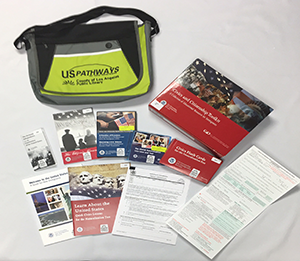A Crossing One Day
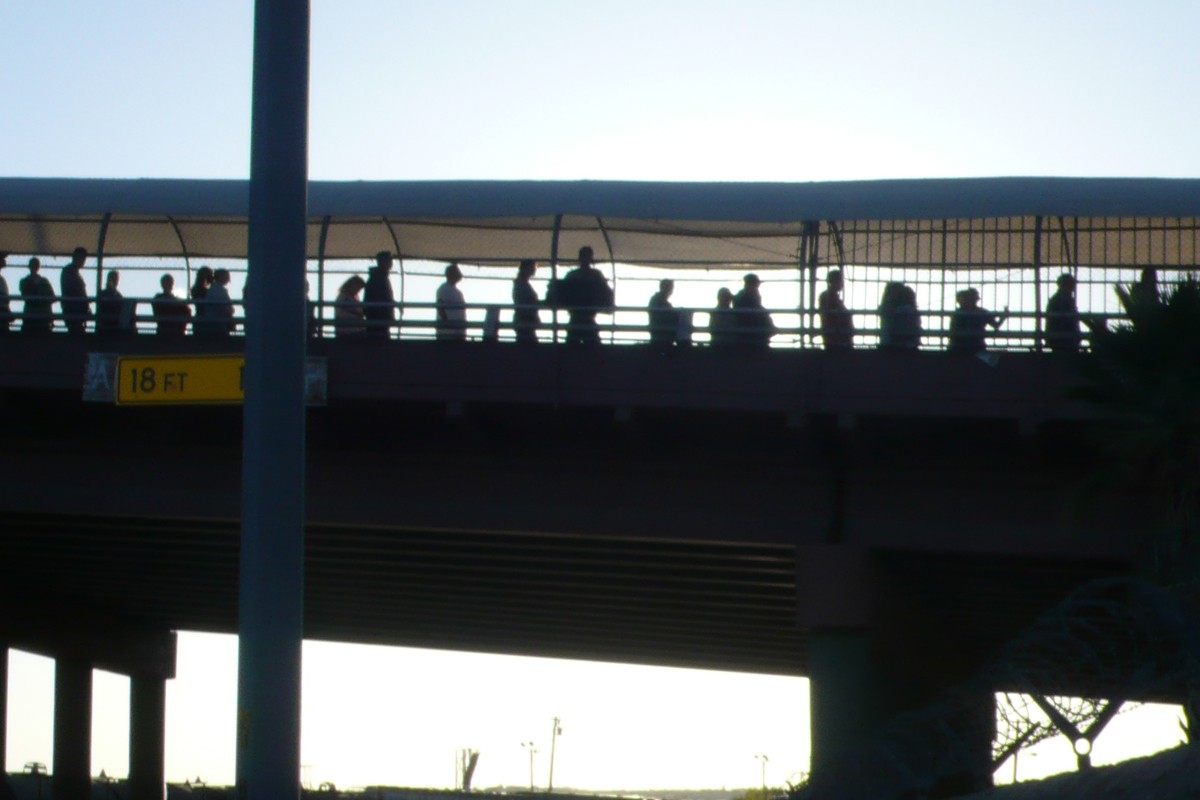
Returning to the United States from a two-week trip to México City, we crossed into El Paso, Texas. My friend José and I sat on a charter bus that maneuvered through narrow streets of brick buildings, bisected by railroad tracks.
“We lived two blocks away,” I said to José, staring out at the desert and mountains that surrounded the city. “Before that, we lived in Ciudad Juárez.”
El Paso was dry and the buildings were short. We left the bus station and walked to the apartments where I’d spent my childhood. The only trees in our neighborhood formed a border around Armijo Park across the street from the apartments. We stood at the entrance to the apartment complex and I noticed fresh paint on the mural of the Virgin Mary. We crossed the street and talked on a stone bench outside the Armijo Recreation Center.
My family and I moved to Ciudad Juárez from Los Angeles in 1993. I was seven years old and my brother Deren was five. My mother wanted to be with my stepfather. Since my stepfather’s family was native to Ciudad Juárez, she felt it easier to relocate from Los Angeles.
We rented a room the color of mint ice cream in Ciudad Juárez. The room had a black rooftop and was equipped with a bathroom. We used the living room as a bedroom and our kitchen was a sink inside a narrow hallway. The living room took up most of our living space. We lived next to the landlord and his wife. She had an array of plants in tin cans carefully placed throughout the property.
One of the first things my mother did when we arrived in Juárez was to enroll us in school in El Paso. When the school administration asked for an address to prove that we lived within the district, my mother gave my grandmother’s address in El Paso. Eventually, we moved into the white apartment complex where my stepfather’s mother lived. But for a year, we crossed the border daily.
That first morning we crossed, my mother woke Deren and me at 5:30.
“Persínense,” she said.
We made the sign of the cross using the thumb and index finger and got ready for school.
The morning in Juárez was dark and cold. Like smoke, my breath rose into the sky every time I exhaled. We walked down a road of hard-pressed dirt until we reached the bus stop. I remember the feeling of the jagged rocks under the soles of my shoes. Because there was one light post every thirty feet, we relied on local businesses to illuminate our path. Few businesses were open. The ferretería or hardware store rolled up its metal gates as we walked past. Señoras working at the tortillería fed chunks of masa to a steel machine that produced golden discs and laid them on a conveyor belt. Another señora stood in front of the conveyor belt and separated the tortillas using off-white butcher paper to wrap tortillas by the dozen. The smell of warm, ground corn filled the air.
Eventually, we made it to the bus stop. The bus grunted and heaved as it arrived. It was shaped like a traditional school bus but instead of being yellow, it was painted a black and white checkered pattern. From the bus driver’s dashboard hung tassels and fragments of mirrors that danced with the bus’s every jolt. The driver drove down an empty riverbed until we reached the plaza in downtown Juárez on Avenida Lerdo and got off and walked north. Everyone walked north.
A woman with two black braids sat at the entrance of the bridge that connected Juárez and El Paso, with children seated nearby. She looked up and raised a small cardboard box filled with gum. She shook the box enough to make the coins inside rattle. My mother gave the woman a dollar bill and gave my brother and me loose change to give to the children. I do not remember crossing the Mexican side of the border. I have a faint memory of people sitting in a hall, reclining against the wall and my brother and me holding my mother’s hand and men in forest green uniforms. As we continued to walk up the bridge, exhaust from the cars, trucks, and charter buses waiting to cross disappeared into the sky. My brother complained about walking up the bridge. “Estoy cansado amá – I’m tired mom.” My mother smiled. “Vamos como tren,” she said, and held onto his backpack and pushed him up the bridge like a train.
We crossed a concrete bridge overlooking a narrow stream that was once the Río Grande. The fence curved high over our heads and looked like a wave of metal crashing onto oncoming traffic. The bridge was our lifeline. When we reached the U.S inspection area, my mother reminded my brother and me to say American Citizen. “Tú primero, mijo, you first,” she said. I placed my backpack on a plastic tray, rolled it onto a metal conveyor belt and walked through a metal detector. My brother and mother did the same. The officer glanced at me from his podium and beckoned me to walk forward. In fluent English, I said “American Citizen”. The officer nodded approvingly and allowed me to collect my belongings.
The bridge led us into the El Paso Stanton Port of Entry. My mother walked us into Aoy Elementary School, one block from the border. Behind the school’s playground was a set of railroad tracks and next to the tracks was the Río Grande. Ciudad Juárez sat in the background. Her uniform stood out in the crowd of parents, making it easy to find her as she walked to the bus stop to go work: black shoes, black pants, a burgundy shirt and a badge with her name. She wore her hair in a ponytail.
“Caminen a la casa de Estella. Los quiero,” she said, instructing us to walk to my stepfather’s mother’s apartment. She said I love you and kissed us on the cheek.
My mother spent the next fifty minutes on a bus to the El Paso International Airport and walked to the Marriot Inn where she worked as a housekeeper.
“We can go,” I said to José.
José and I left the park where we sat, walked back to the El Paso bus station and took the next bus home to Los Angeles.
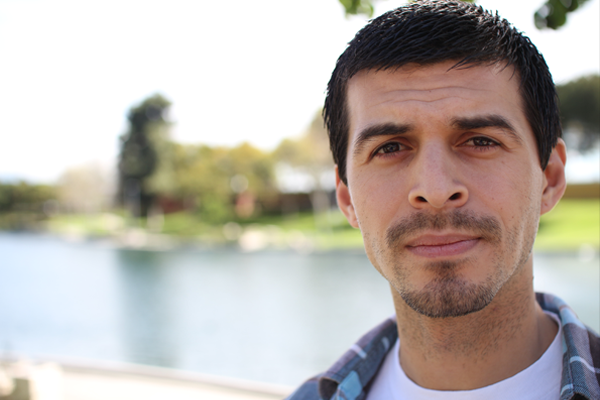
November 7, 2015








